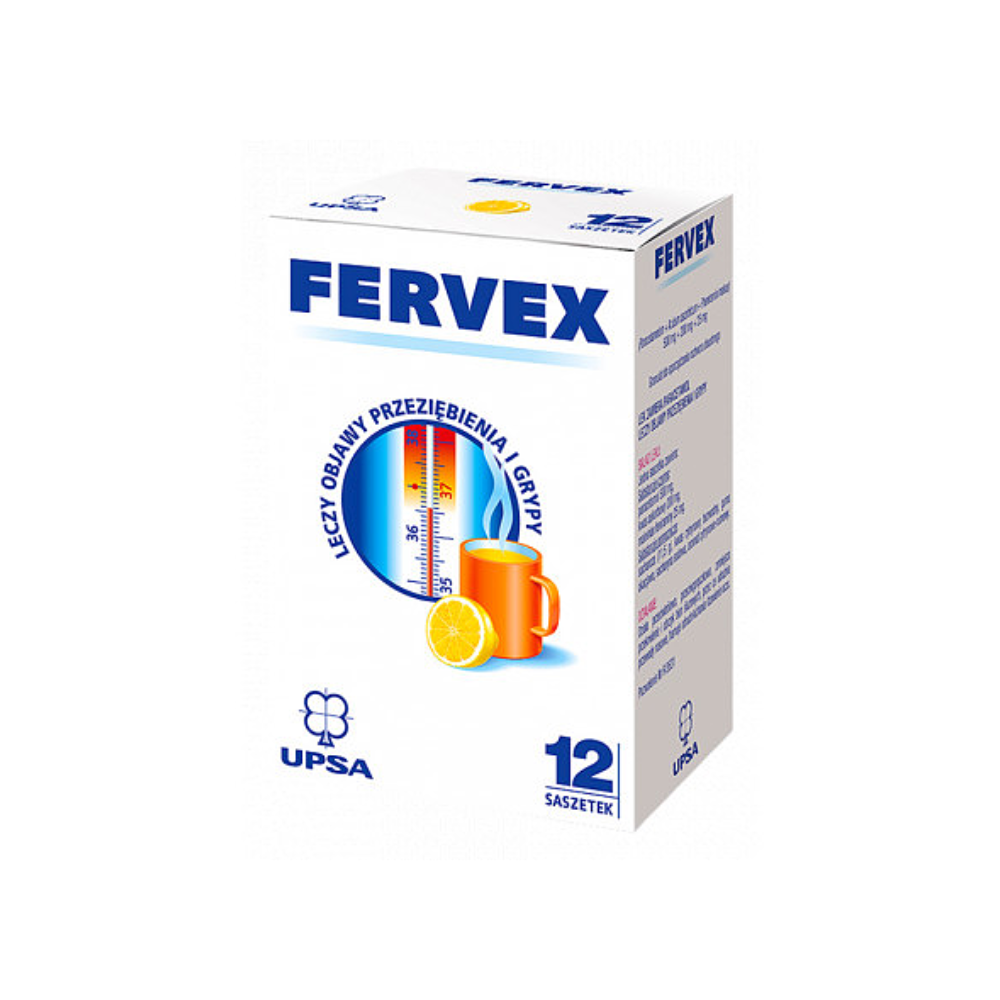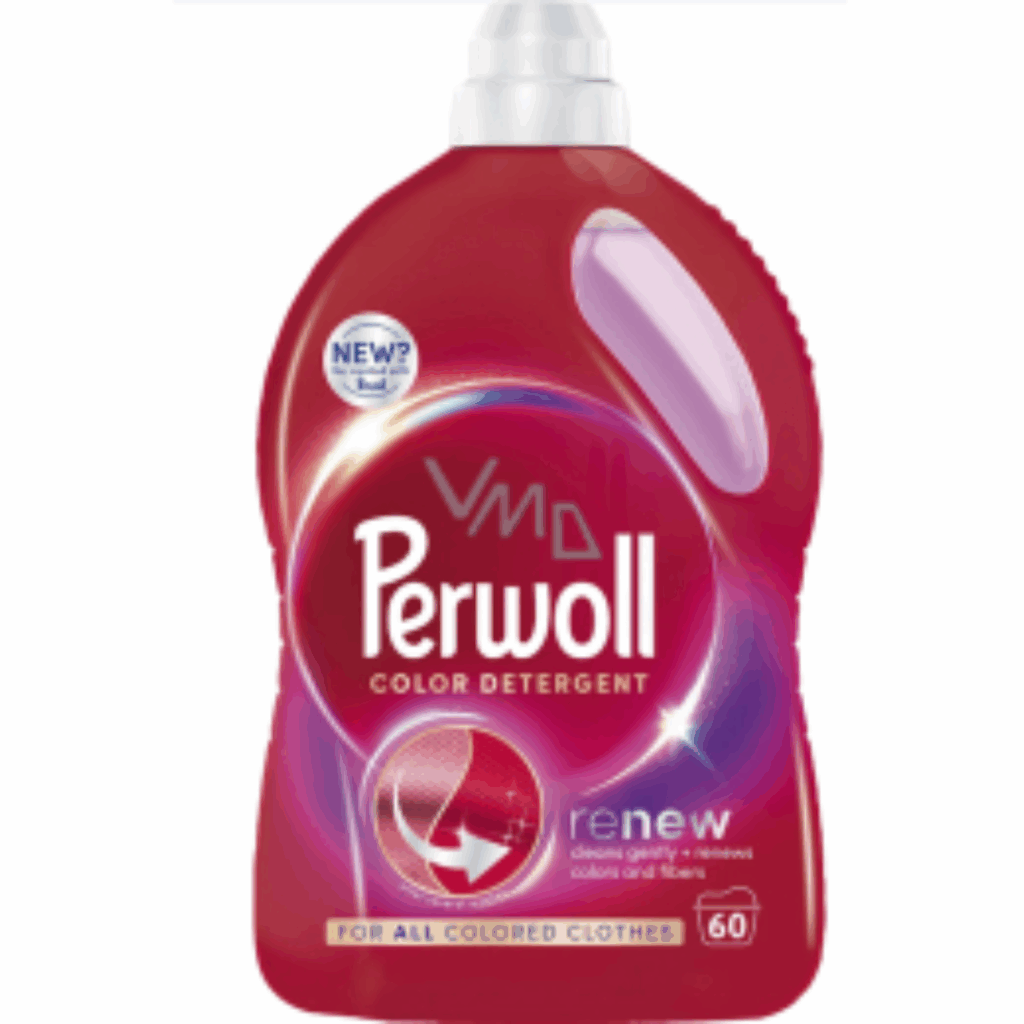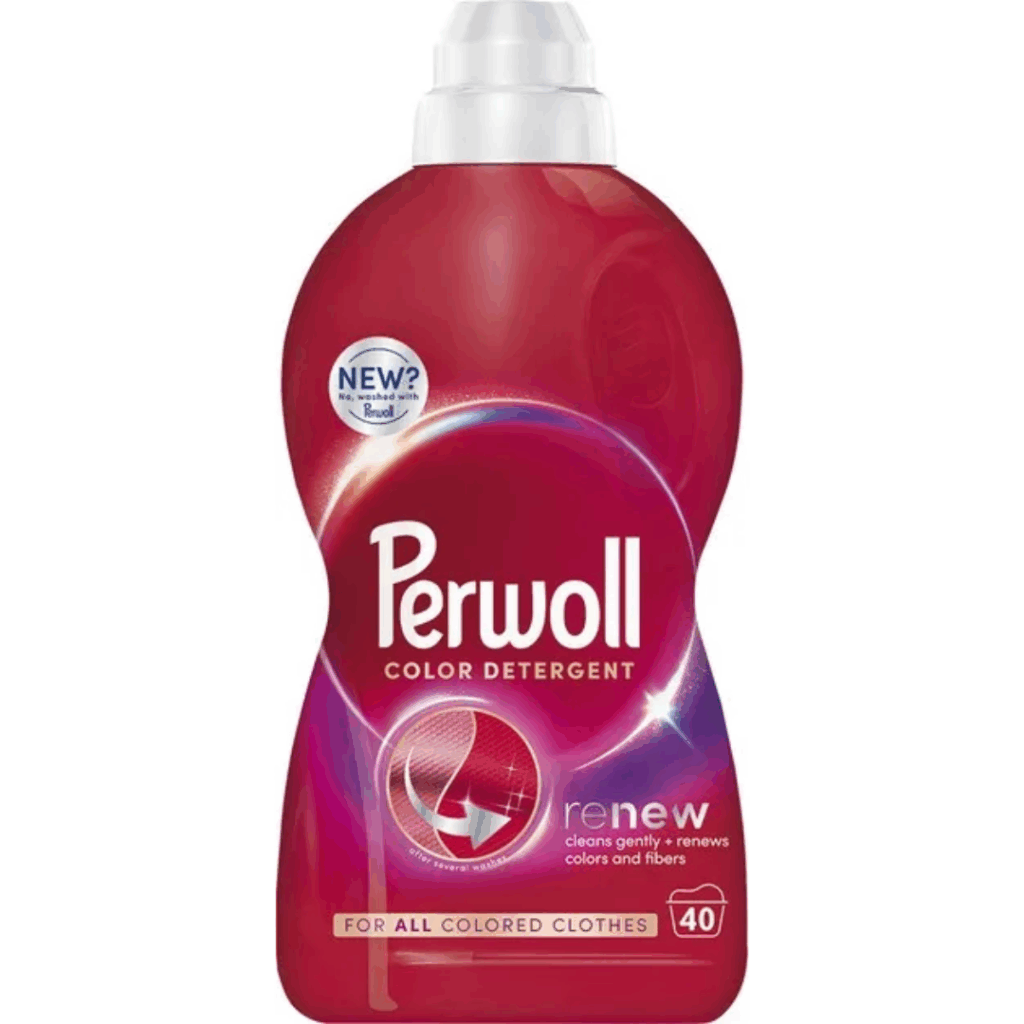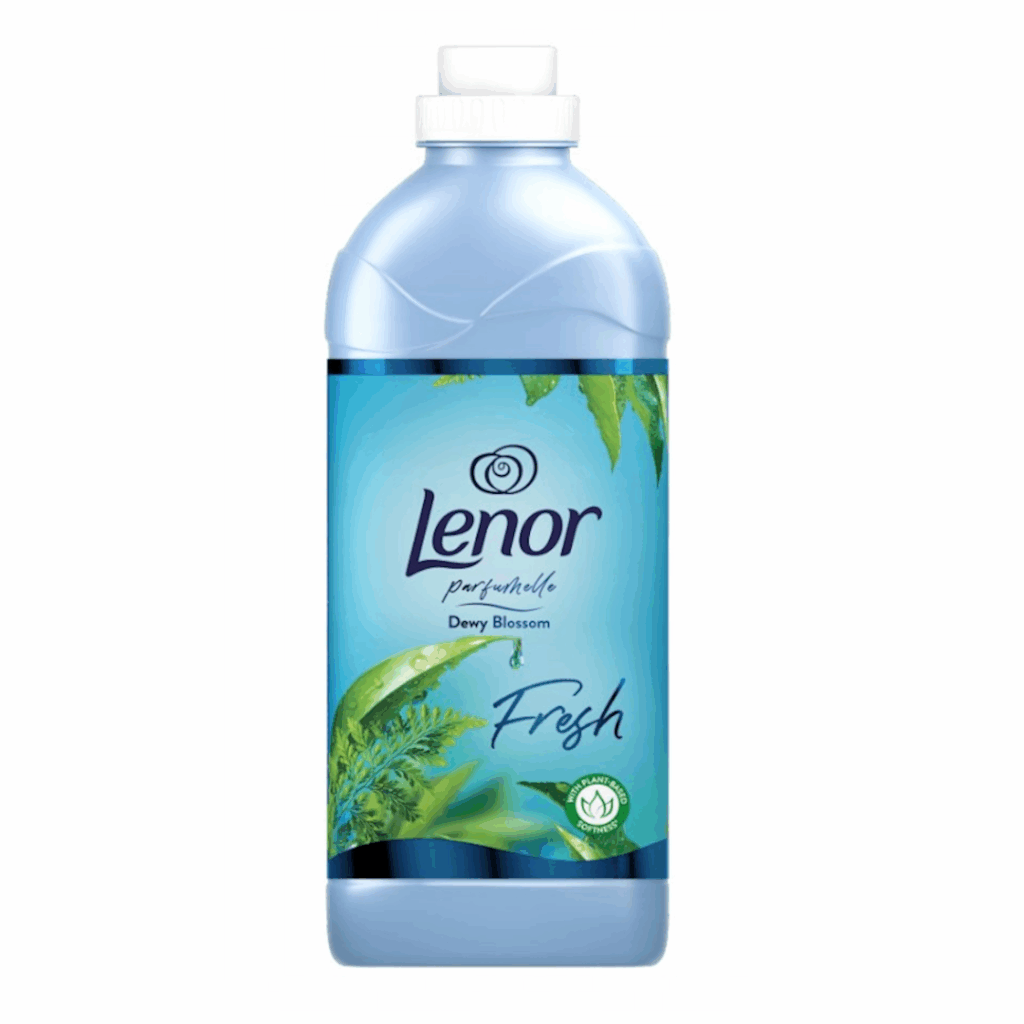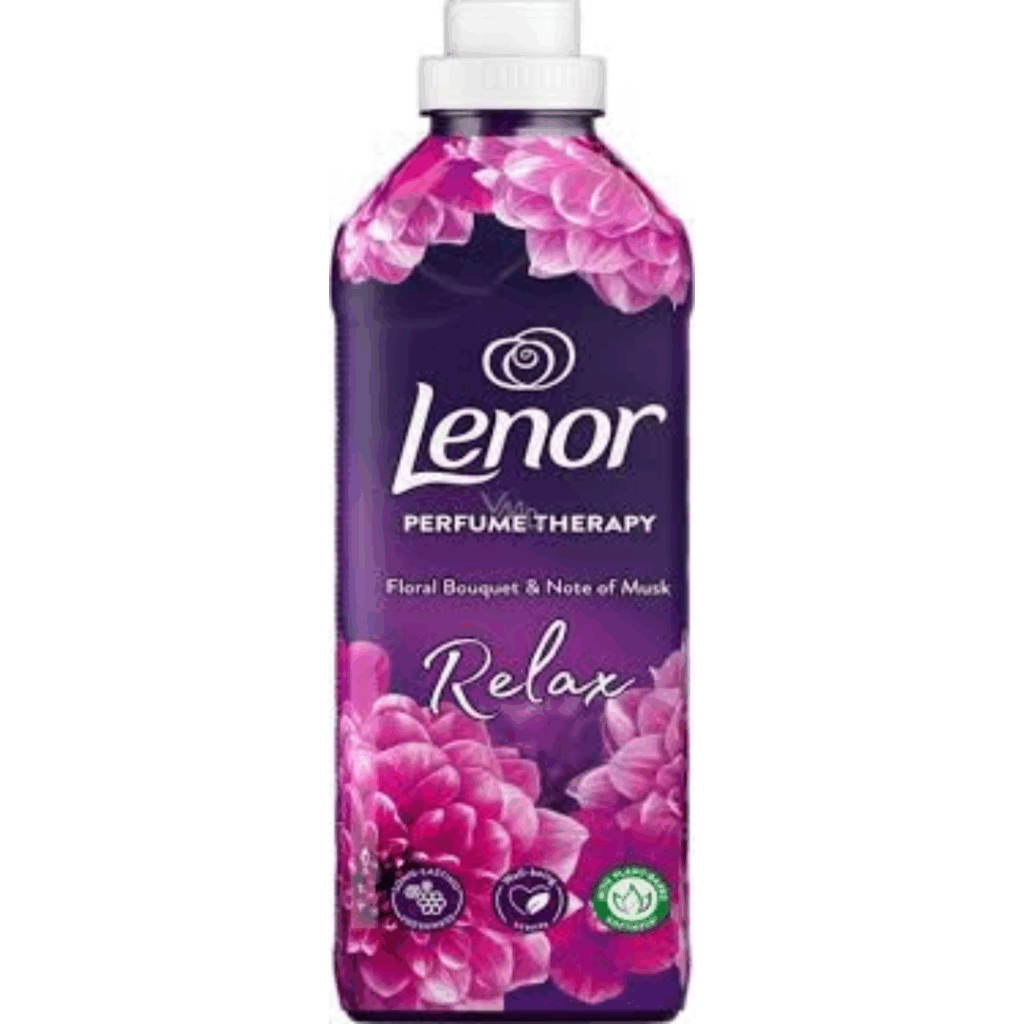Fervex Lemon Flavor (12 Sachets)
Fervex Lemon Flavor powder for oral solution in sachets is a medicine with a combination of ingredients.
- Paracetamol relieves pain and fever.
- Pheniramine maleate reduces congestion and swelling of mucous membranes, thus clearing the nasal passages, inhibiting the sneezing reflex and watery eyes.
- Ascorbic acid replenishes vitamin C deficiency in the body.
Symptoms
Fervex is used to treat the symptoms of flu, colds and flu-like conditions (headache, fever, nasopharyngitis) in adults and children over 15 years of age.
Antibiotic treatment may be necessary if a bacterial infection occurs.
Active substance: Acidum ascorbicum, Paracetamolum, Pheniramini maleas
Composition of Fervex Lemon Flavor
| Active substances | One sachet contains: Paracetamol 500 mg Ascorbic acid 200 mg Pheniramine maleate 25 mg |
| the other ingredients | sucrose (11.5 g), anhydrous citric acid, acacia gum, sodium saccharin, lemon-rum flavor. |
Dosage of Fervex Lemon Flavor
Adults and children over 15 years of age:
- 1 sachet 2 or 3 times a day.
- Interruptions in the administration of subsequent doses should be at least 4 hours.
In case of impaired renal function (creatinine clearance less than 10 ml / min), an interval of at least 8 hours between doses should be observed.
The contents of the sachet should be dissolved in a glass of hot or cold water.
Do not use for more than 5 days without consulting a doctor.
In the treatment of flu-like conditions, it is better to take the medicine dissolved in hot water in the evening, as soon as possible after symptoms appear.
If you have the impression that the effect of the drug is too strong or too weak, consult your doctor.
Use of the drug in children and adolescents
The drug can be used in children over 15 years of age.
Contraindications
FERVEX should not be used if:
- Hypersensitivity (allergy) to the active substances or any of the excipients.
- Severe liver or kidney failure.
- Narrow-angle glaucoma.
- Enlarged prostate gland with difficulty urinating.
- Age under 15.
- Do not use in patients with fructose intolerance, glucose-galactose malabsorption or sucrase-isomaltase deficiency, due to the sucrose content in the drug.
Contents
Cardboard box containing 12 sachets.
Storage
Below 25°C
Manufacturer
UPSA
Warnings
Do not use for more than 5 days without a doctor’s recommendation.
The risk of addiction, mainly psychological, is mainly observed in the case of higher doses than recommended and in the case of long-term treatment.
In order to avoid the risk of overdose, check that other medicines you are taking do not contain paracetamol. In adults weighing more than 50 kg,
THE TOTAL DAILY DOSE OF PARACETAMOL MAY NOT BE MORE THAN 4 GRAMS.
Drinking alcoholic beverages or taking sedatives (especially barbiturates) increases the sedative effect of antihistamines, so concomitant use should be avoided.
The risk of liver damage is particularly high in patients who are fasted and drink alcohol regularly.
Paracetamol should be used with caution in patients with glucose-6-phosphate dehydrogenase (G-6-PD) deficiency.
Each sachet contains 11.5 g of sucrose, therefore in the case of diabetics, the presence of sugar in the drug should be taken into account.
Taking FERVEX with food and drink:
There are no contraindications.
Using FERVEX in children:
The drug can be used in children over 15 years of age.
Use of FERVEX in patients with impaired renal and / or hepatic function:
Caution should be exercised when administering the drug to people with impaired renal function.
Use of FERVEX in elderly patients:
There are no contraindications.
Important information about some of the ingredients of FERVEX:
In the case of diabetics, the presence of sugar in the drug, the content of which is 11.5 g in one sachet, should be taken into account.
Pregnancy and lactation
It is not recommended to use the drug during pregnancy.
It is not recommended to use the drug during breastfeeding.
Driving vehicles
Drowsiness may occur while taking the drug, which affects the psychophysical fitness of people driving motor vehicles and operating machines.
Overdosage
Symptoms of overdose
- Related to PheniramineOverdosage of pheniramine may cause: convulsions (especially in children), disturbed consciousness, coma.
- Related to ParacetamolParticular risk of paracetamol poisoning occurs in the elderly and young children (the most common causes are taking doses ofgreater than recommended and accidental poisoning); these poisonings can be fatal.Overdosing of the preparation may cause symptoms such as nausea, vomiting, excessive sweating, drowsiness and general weakness, and the next day expanding in the epigastrium, return to nausea and jaundice.
- ProcedureIn case of taking more than the recommended dose of the drug, immediately consult a doctor or pharmacist.
Interactions with other drugs
Inform your doctor about all medications you have recently taken, even those sold without a prescription.
Due to the content of pheniramine
Not recommended connections:
- alcohol (due to the pheniramine content): Alcohol increases the sedative effect of most antihistamines – H1 receptor antagonists. Changes in attention span may impair the ability to drive or operate machinery.Avoid taking alcoholic beverages or medications that contain alcohol.
Combinations that should be used with caution
- other sedatives (due to the pheniramine content): morphine derivatives (painkillers, antitussives), neuroleptics, barbiturates, benzodiazepines, anti-anxiety drugs other than benzodiazepines (e.g. meprobamate), hypnotics, sedative antidepressants (amitriptyline) , mianserin, mirtazapine, trimipramine), sedative H 1 antihistamines, centrally acting antihypertensives, baclofen and thalidomide.Increased inhibition of the central nervous system and the related changes in the ability to concentrate attention may impair the ability to drive vehicles and operate moving mechanisms.
- other drugs with an atropinic effect (due to the pheniramine content): antidepressants with a structure similar to imipramine, most antihistamines that block the H1 receptor, anticholinergic antiparkinsonian drugs, atropine-like drugs with antispasmodics, disopyramide, phenothiazine derivative neuroleptics, clozapine.Aggregation of atropine-like side effects such as urinary retention, constipation, and dry mouth.
Due to the paracetamol content
- Salicylamide increases the elimination time of paracetamol.
- Rifampicin, antiepileptic drugs, barbiturate hypnotics and other microsomal enzyme inducers used in conjunction with paracetamol increase the risk of liver damage.
- Caffeine enhances the analgesic and antipyretic effects of paracetamol.
- Concomitant use of high doses of paracetamol and non-steroidal anti-inflammatory drugs may increase the risk of renal dysfunction.
- Paracetamol enhances the effect of oral anticoagulants from the coumarin group.
- Paracetamol used with MAO inhibitors may cause agitation and high fever.
- Effect on laboratory tests performed: administration of paracetamol may affect the results of blood uric acid tests performed by a method involving the use of phosphor-tungsten acid; as well as to test the glucose level with the oxidase-peroxidase method.
Ascorbic acid:
- may reduce the effectiveness of warfarin and the plasma concentration of fluphenazine,
- reduces urine pH, which may affect the elimination of other, concomitantly administered drugs.
Side effects
Like all medicines, FERVEX can cause side effects:
RELATED TO PHENRAMINE Undesirable
effects may vary in severity, depending on the dose and not depending on the dose:
- Neurovegetative actions:
- sedation or somnolence, which is more severe when starting treatment,
- anticholinergic symptoms such as dry mucous membranes, constipation, accommodation disturbances, pupil dilation, palpitations, risk of urinary retention,
- orthostatic hypotension,
- balance problems, dizziness, problems with memory or concentration, more often in the elderly,
- impaired motor coordination, tremors,
- confusion, hallucinations
- less frequent symptoms of the type of agitation: restlessness, nervousness, insomnia.
- Hypersensitivity reactions (rare):
- erythema, itching, eczema, purpura, urticaria,
- swelling, less often Quincke’s edema (swelling of the lips, tongue or larynx),
- anaphylactic shock (a type of systemic immediate-type allergic reaction with impaired circulation and respiration).
- Symptoms of the hematopoietic system:
- leukocytopenia (reduced number of white blood cells), neutropenia (reduced number of granulocytes),
- thrombocytopenia (low blood platelet count),
- hemolytic anemia.
RELATED TO PARACETAMOL:
- Few cases of hypersensitivity reactions such as anaphylactic shock, Quincke’s edema, erythema, urticaria and skin rash have been reported. If any of these symptoms occur, treatment with this medicine and medicines of a similar composition should be stopped immediately.
- Extremely rare cases of thrombocytopenia (low blood platelet count), leukocytopenia and neutropenia have been reported.
Some people may experience other side effects while taking FERVEX.
If you experience other side effects, not mentioned in this leaflet, please inform your doctor about them.
